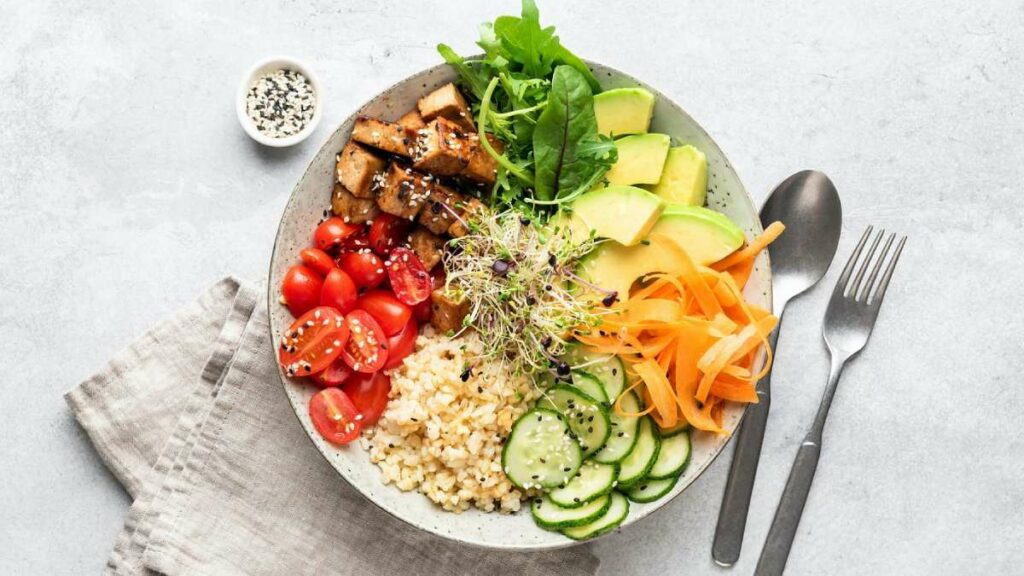Your diet has a big impact on how likely you are to get cancer. According to recent studies, eating a plant-based diet high in fruits, vegetables, whole grains, nuts, and seeds can help prevent cancer and help people maintain a healthy weight.
Vegetarian or vegan diets are not the same as plant-based diets. Meat is still allowed in plant-based diets, but it is not as stressed as it is in diets that call for meat. You should consume 50% vegetables, 25% whole grains, and 25% lean animal protein (fish, poultry, or other lean meats) when eating a plant-based meal. It’s possible to have a tiny amount of dairy on the side with the plant-based dinner.
Advice For Increasing Plant-based Diet
Think about enhancing your meals with more fruit, vegetables, and nuts.
Add berries to your oatmeal or cereal in the morning.
Add vegetables to your omelet, such as diced peppers, spinach, and onions.
To your yogurt, add nuts and fruits.
Blend wheat germ or crushed flaxseed into batter for pancakes, muffins, or bread.
Top the pizza with chopped veggies.
To include additional plants, you can also substitute healthier options.
Use whole grain pasta instead of white.
Popcorn or healthy wheat crackers can take the place of potato chips.
Try spreading avocado on your sandwich instead of mayo.
Replace ordinary fries with sweet potato fries.
Be wise when you go shopping as well. Not every “brown bread” is made with entire grains. To make sure you are buying a nutritious product, look for ingredient key words like whole grain, stone-ground, whole-wheat flour, or whole oat flour.
It’s not necessary to go plant-based diet-only overnight. Increase the amount of plants in your diet gradually. Make nutritious substitutions and set a weekly goal for yourself to try one new fruit or vegetable.

